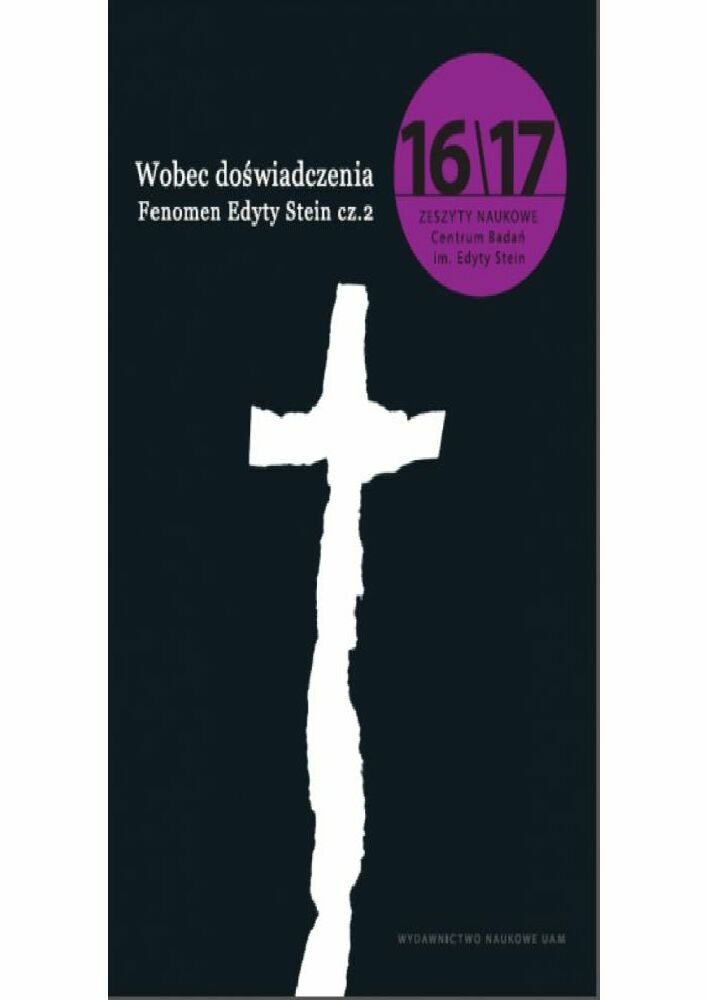Abstract
The Star of Redemption, thinker Franz Rosenzweig’s life’s work, has beenanalysed and interpreted across a variety of disciplines and perspectives for almosta hundred years. Future generations will continue to use and appreciate this text for itsenduring variety and multiplicity of ideas. This article aims to provide a hermeneutical insight into Rosenzweig’s idea of the anticipation of the Kingdom. Rosenzweig deriveshis ideas from the Tanakh. Eternity, according to Rosenzweig, is neither an infinite nor an indeterminately long period of time, but ‘a Tomorrow that could as well be Today’. Redemption occurs as eternity projected in time. The author understands time not only as a sequence of moments as occurrence in history. For him history will be newly decided inevery moment of encounter between the Other and the Self. History moves forward only because of the individual, who decides. Rosenzweig therefore considersprayer as the constitutive element of the human world order, which can anticipate and accelerate the coming of the Kingdom. Rosenzweig’s conception of prayer is fully developed in the third part of the Star, especially in the introduction, titled On the Possibility of Soliciting (erbeten) the Kingdom by Prayer. Here the author introduces different types of prayers andasks the most crucial question of the last part of the Star: Can a human being tempt Godsimply by praying? Subsequently, we must recognize the significance of Rosenzweig’scontribution to the interpretation of prayer as the anticipation of the Kingdom. His analysisremains current and a precious resource for further reflection.
